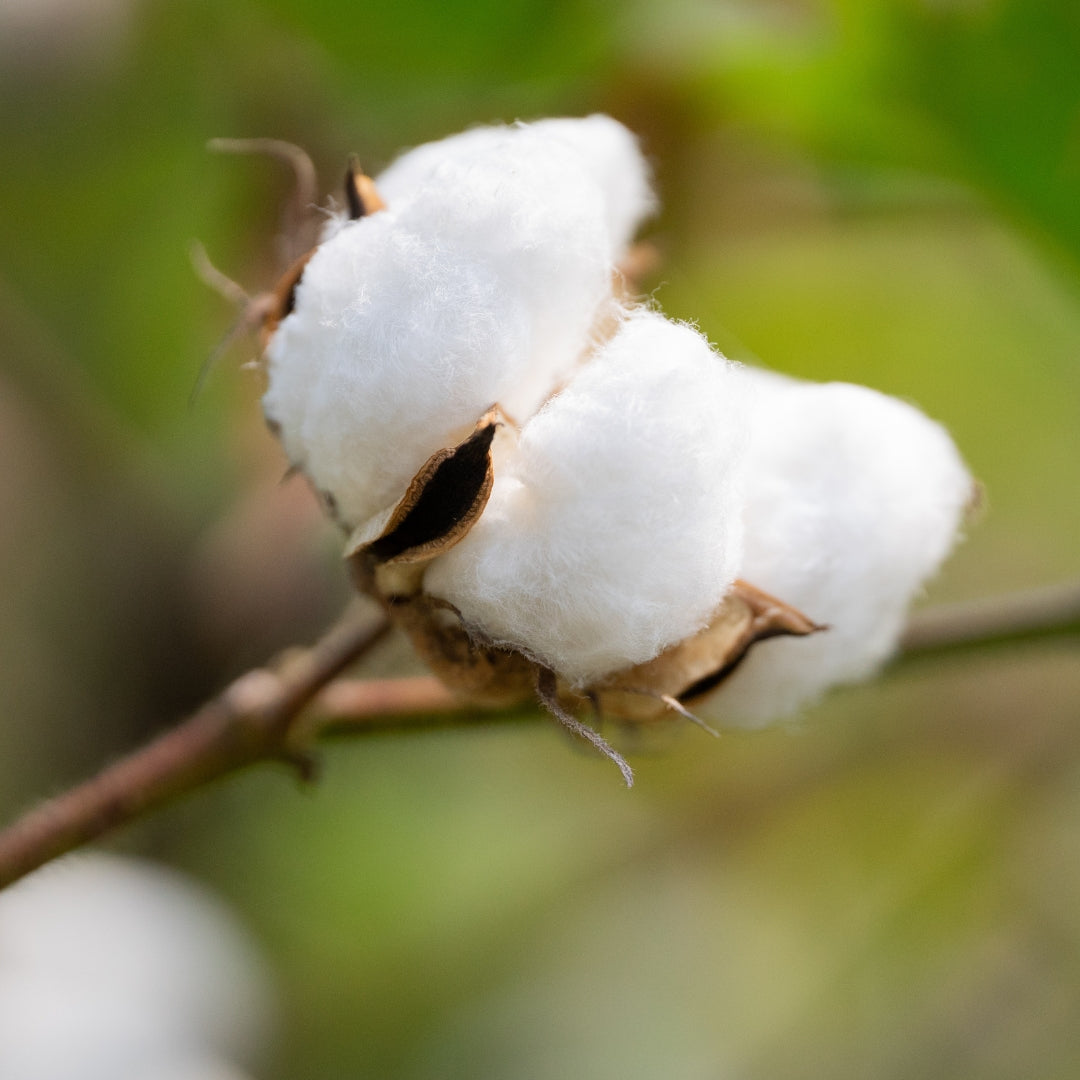Label Washing in the Textile Industry: Are Certifications Just Another Business?
"Label Washing"
Consumers today want to buy better—for the planet, for the people making their clothes, and for their own peace of mind. Brands have noticed this and now cover their products with labels claiming to be ethical and sustainable. But do these labels really mean something, or are they just expensive stickers designed to make us feel good?
"Label washing" happens when brands use certifications that sound impressive but don’t actually enforce real change. Fairtrade is one of the most well-known ethical labels, but a closer look reveals that it comes with high costs that may do more to support bureaucracy than to help workers. On the other hand, the Global Organic Textile Standard (GOTS) offers stricter oversight and a bigger impact on both labor conditions and the environment.
Bangladeshi factory worker © Photo credit: Stanley/Stella
The Business of Certifications
Certifications are big business. Companies pay large fees to use these labels, and organizations profit from granting them. Fairtrade, for example, charges certification fees that can be too expensive for small producers, making it a label mainly for larger companies rather than an accessible standard for all.
Beyond the cost, Fairtrade’s effectiveness in textiles is questionable. It was originally created for products like coffee and chocolate, and its model doesn’t work well for the complex textile supply chain. While it ensures cotton farmers get a minimum price, it does little to guarantee fair wages for garment workers further down the line.
The Fairtrade Textile Standard, introduced in 2016, claims to support living wages for factory workers—but only within six years of certification. That’s hardly a quick solution for an industry already dealing with wage theft and sweatshop conditions. Worse still, brands can market garments as "Fairtrade" even if only part of the cotton used meets the standard, which can be misleading for consumers.
Care-label with certifications being sewed © Photo credit: Stanley/Stella
GOTS: The Better Alternative?
If Fairtrade has these flaws, what should ethical shoppers look for instead? The Global Organic Textile Standard (GOTS) is a more reliable option. Unlike Fairtrade, which mostly focuses on raw materials, GOTS covers the entire production process—from organic farming to dyeing, labor conditions, and environmental impact.
GOTS certification ensures that factories provide fair wages and safe working environments while banning harmful chemicals in the production process. Unlike Fairtrade, which allows for a long transition to better wages, GOTS requires companies to meet strict labor standards from day one.
Most importantly, GOTS is about real oversight, not just appearances. It requires yearly audits and strict rules for certification. While Fairtrade has loopholes, GOTS demands full compliance with its guidelines.

A Fairtrade-labelled banana © Photo credit: Shutterstock
Fairtrade: Paying for the Logo?
If GOTS is more thorough, why do so many brands still use Fairtrade? One simple reason: recognition. Fairtrade has spent years building consumer trust. But behind the scenes, brands are often paying for the marketing power of the Fairtrade name rather than actual improvements in working conditions.
Another issue is Fairtrade’s bureaucracy. A significant part of the certification fee goes toward administrative costs rather than directly benefiting workers. While GOTS isn’t perfect, it focuses more on real industry changes instead of just paperwork and branding.
What Should Consumers Do?
The key takeaway? Not all certifications are created equal. While Fairtrade is widely recognized, its effectiveness in the textile industry is debatable. Meanwhile, GOTS offers a more complete and enforceable approach to sustainability and worker rights.
For those who truly care about ethical fashion, it’s important to look beyond labels. Certifications can be helpful, but they shouldn’t replace real research into a brand’s actual practices. In the end, the best way to support change is not just by spending money but by making informed choices.
Sources:









